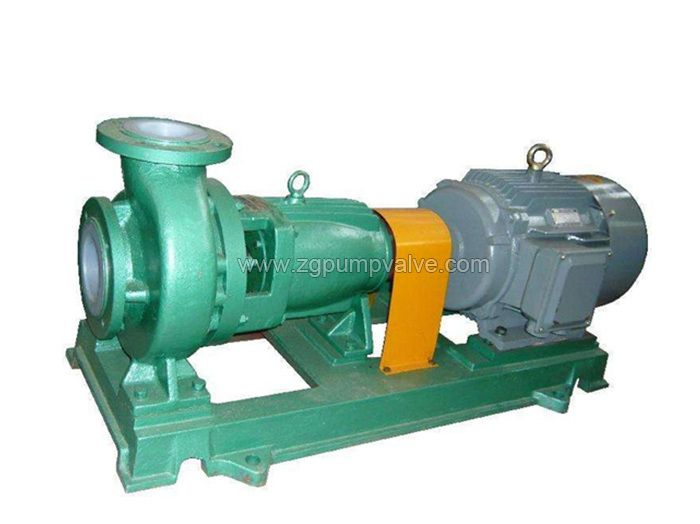Learn - Jul. 17, 2020
Centrifugal pumps (except self-priming pumps) must be filled with water before the start of the pump and the inlet pipe, otherwise, the pump will not work. After the centrifugal pump is started, there is no water, often because the air in the pump is not exhausted and the water is not filled.
There are two main methods of filling water before starting: one is to use an assembled bottom valve to fill the water. The bottom valve is a one-way valve installed at the inlet of the inlet pipe. The disadvantage of this method is that the head of the bottom valve has a large loss of water, which affects The efficiency of the pump device; the other is to fill the water without a bottom valve. The biggest advantage of this method is energy saving. Compared with the pump station with a bottom valve, it can save 10% to 15% energy. Several water filling methods for centrifugal pumps are introduced below for users to choose when running the pump.

1. Self-inducing water filling method For the semi-submersible pumping room (that is, the pump station where the elevation of the inlet pipe and the pump top are below the water surface of the inlet tank), water can be introduced into the pump by itself without manual irrigation. The disadvantage of this kind of pump station is that it does not make full use of the pump's suction capacity, and at the same time, the pump installation elevation is reduced, which not only increases the amount of foundation excavation, but also the operation and management are more inconvenient; but the advantages are also obvious, that is, the pump station is easy to implement Automation, strong timeliness.
2. Manual water filling method For small pumping stations with an inlet pipe diameter less than 300mm, a bottom valve is usually provided at the inlet of the inlet pipe. The artificial water filling method is generally used, that is, from the dedicated water filling exhaust hole on the upper part of the pump casing. Fill the water funnel (or an upside-down ordinary bottle with the bottom removed). For small pumping stations with an inlet pipe diameter of less than 300 mm, a bottom valve is usually provided at the inlet of the inlet pipe, and the pump can also be filled with water from the outlet of the pump (a pump station with a short outlet pipe) (public number: pump housekeeper). Since there is no need to purchase other water-filling equipment, this kind of water-filling method is common in small rural pumping stations.
For small pump stations with no bottom valve or check valve and short pipelines, the pump can also be filled with water from the outlet of the outlet pipe while starting, so that the air in the pump and the pipeline is gradually taken out In general, after a few minutes of continuous water filling, the pump can work normally.
The above information is provided by self-priming pump manufacturer.